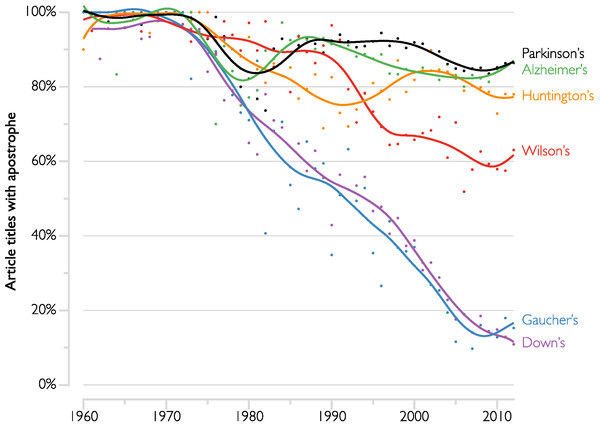The biggest problem with our local Neuroscience department is the absence of a canteen, or a cafeteria of any kind. And the issue here is not that we are undernourished, but that the science suffers.
Think of your favorite conference. The talks may be nice, and the posters - quite awesome, but arguably the most important information you can get, be it some nitty-gritty aspects of experimental techniques, anecdotal findings, wise career advice, or even scientific gossip - all this stuff gets discussed at the lunch tables! It's similar to how most important ideas come to people when they are taking a shower, or are walking back home: the same exactly thing is true about the scientific interaction. It works best when it is fluid and casual.
And don't even get me started on the necessity of sharing tables with people you don't know! People working in different labs, fields, even disciplines! So what is that you study? Reticulopenducular network of the freshwater sea urchin esophagus? And how is it going?
Lunch talk is the column, the pillar, and the basement on which the building of Science stands!
And still we don't have any canteen here. Not even a set of dirty red coaches around an expensive coffee machine. Even this would have worked! But we have nothing. I guess whomever planned this building was pretty ignorant about science. So we just sit in our lab spaces, barely knowing names of people working on the same floor. What's about one floor up or down, you say? Don't be ridiculous. I would not be able to even recognize them on the street.
Something should be done about it =)
Think of your favorite conference. The talks may be nice, and the posters - quite awesome, but arguably the most important information you can get, be it some nitty-gritty aspects of experimental techniques, anecdotal findings, wise career advice, or even scientific gossip - all this stuff gets discussed at the lunch tables! It's similar to how most important ideas come to people when they are taking a shower, or are walking back home: the same exactly thing is true about the scientific interaction. It works best when it is fluid and casual.
And don't even get me started on the necessity of sharing tables with people you don't know! People working in different labs, fields, even disciplines! So what is that you study? Reticulopenducular network of the freshwater sea urchin esophagus? And how is it going?
Lunch talk is the column, the pillar, and the basement on which the building of Science stands!
And still we don't have any canteen here. Not even a set of dirty red coaches around an expensive coffee machine. Even this would have worked! But we have nothing. I guess whomever planned this building was pretty ignorant about science. So we just sit in our lab spaces, barely knowing names of people working on the same floor. What's about one floor up or down, you say? Don't be ridiculous. I would not be able to even recognize them on the street.
Something should be done about it =)

